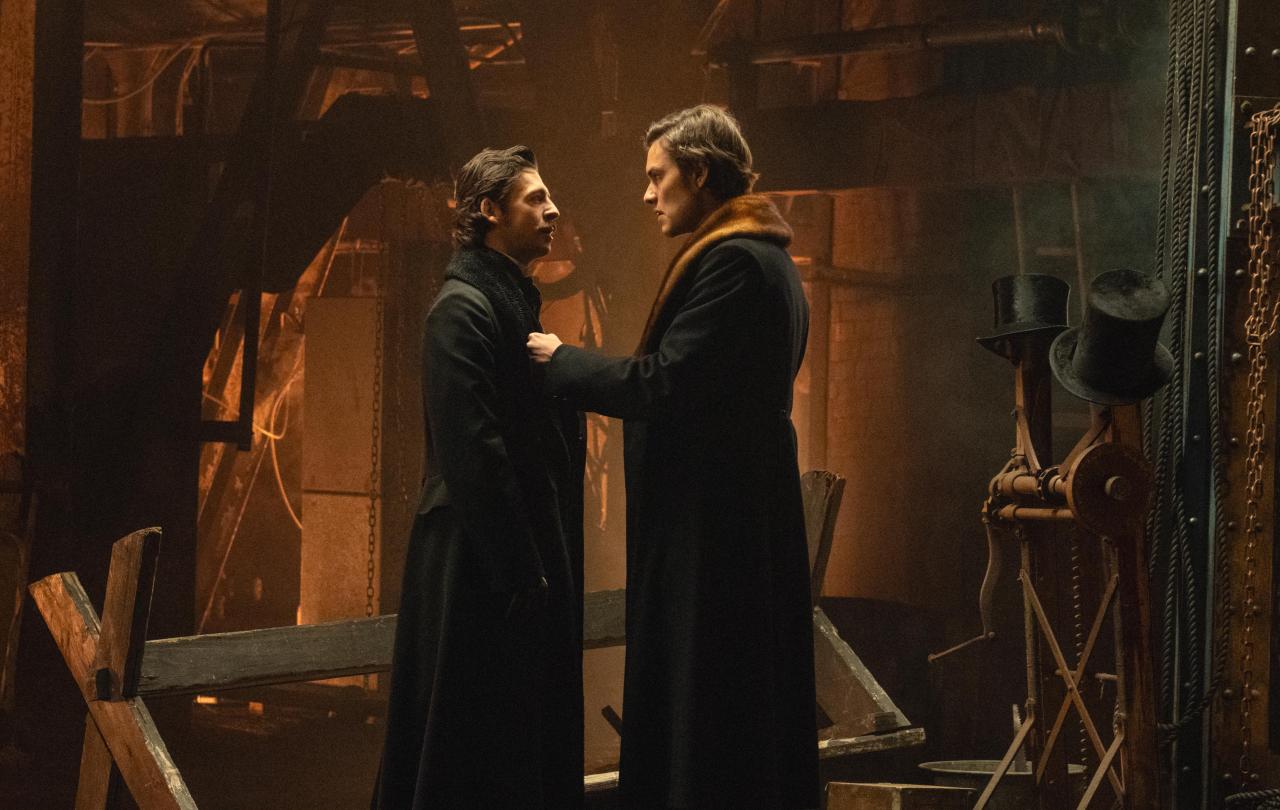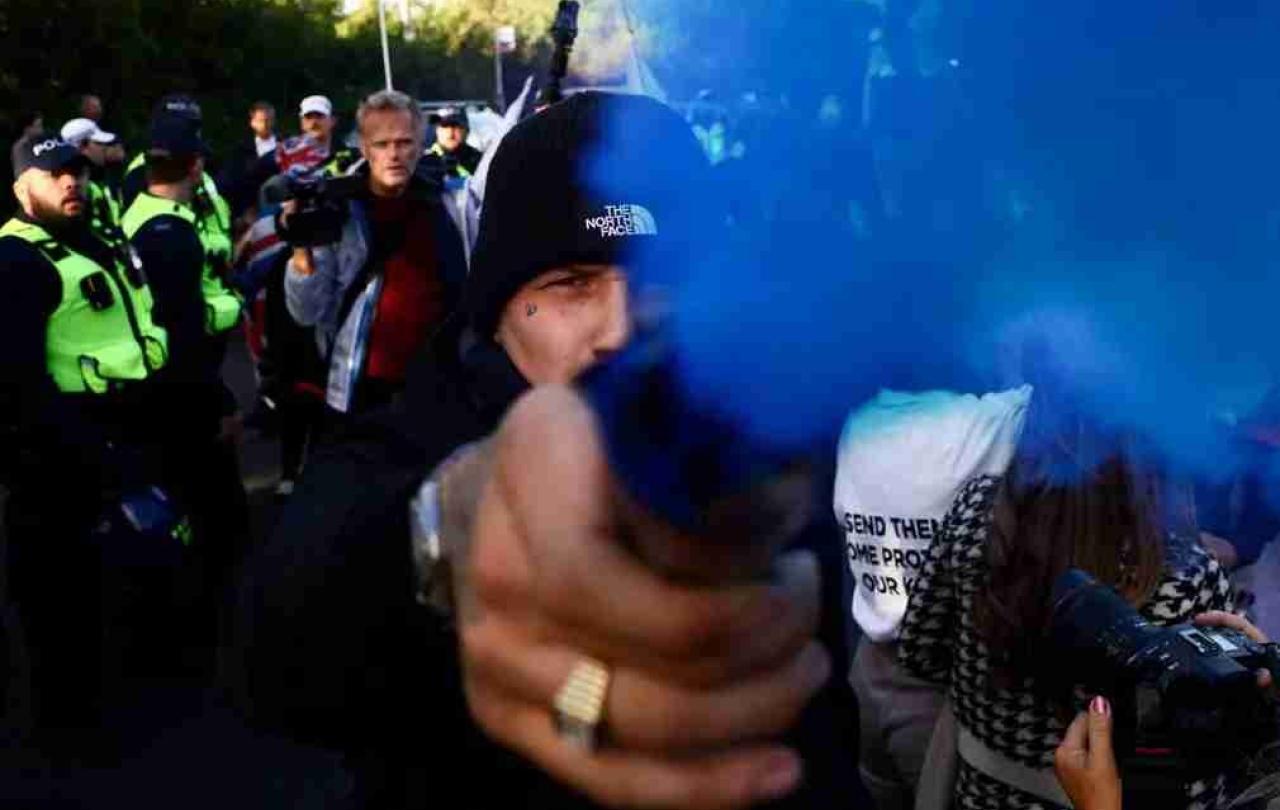
Listen to this episode
About this episode
This week, Derek Hughes tells the story of how a tiny congregation in a forgotten town tried something that changed their community for the better; Will Fagan watches Peaky Blinders and House of Guinness, to see how Steven Knight shows being needed—not being perfect—transforms people; and Graham Tomlin unpacks the historical significance and the cultural hope of King Charles and the Pope praying together.
Support this podcast
Since Spring 2023, thousands of people have enjoyed hundreds of podcast episodes and over 1,500 articles.
All for free.
This is made possible through the generosity of our amazing community of supporters.
If you enjoy Seen & Unseen Aloud, would you consider making a gift towards our work?
Do so by joining Behind The Seen. Alongside other benefits, you’ll receive an extra fortnightly email from me sharing my reading and reflections on the ideas that are shaping our times.
Graham Tomlin
Editor-in-Chief





